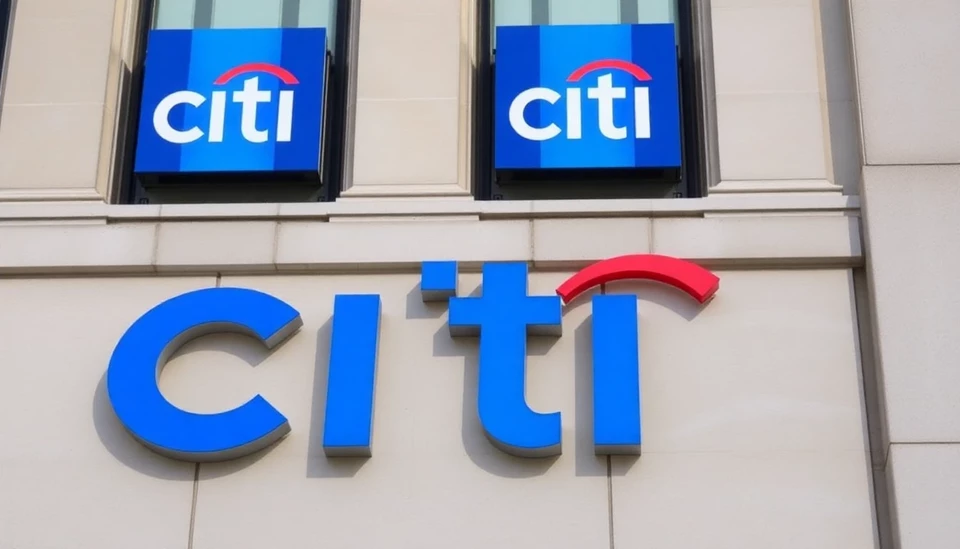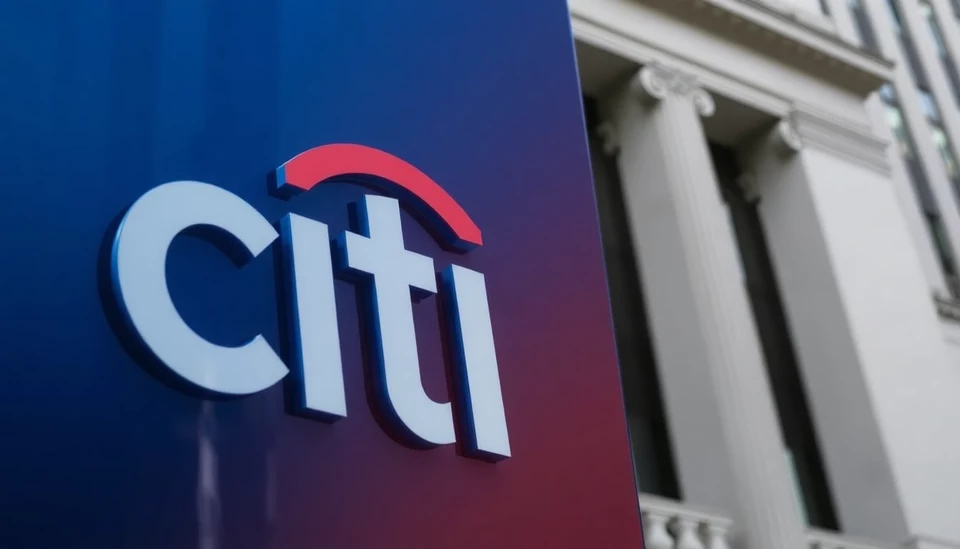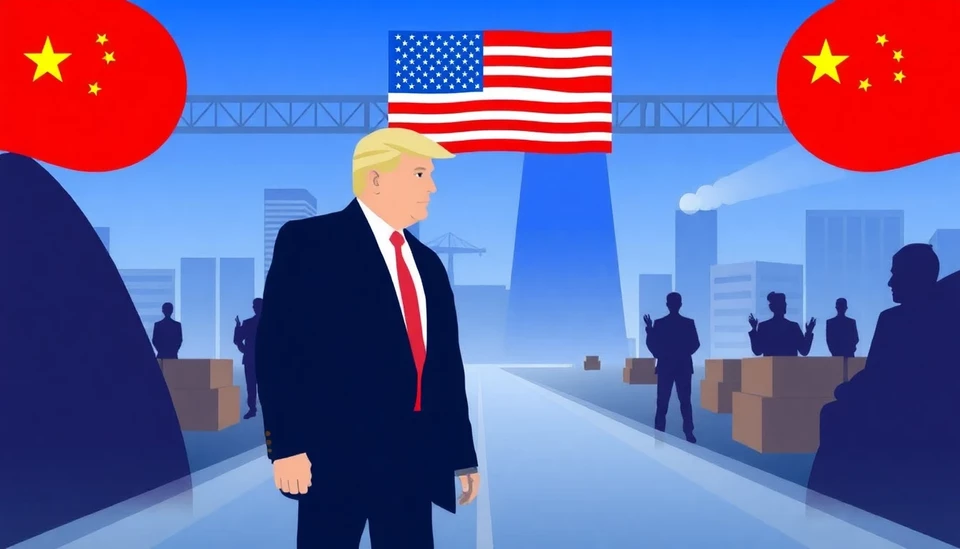
In a move that has sent ripples through the financial industry, Citigroup's recent decision to cut back on its Diversity, Equity, and Inclusion (DEI) efforts has raised alarms among banks on Wall Street. The cuts, which occurred during the Trump administration, are seen as a significant pivot away from the longstanding commitment many firms have made towards fostering an inclusive workplace. As the debate over corporate responsibility intensifies, industry analysts are closely monitoring these developments.
Citi's actions have not gone unnoticed. The company's retraction of resources allocated for DEI programs has prompted a critical dialogue regarding the future of diversity initiatives in the banking sector. This shift comes at a time when many organizations are grappling with the questions surrounding corporate culture and social responsibility. Critics argue that the weakening of DEI programs undermines progress and sets a troubling precedent for other financial institutions.
The implications of Citi’s decisions extend beyond its own workforce. Financial institutions across Wall Street are now reconsidering their strategies related to diversity and inclusion. With mounting pressure from shareholders and advocacy groups alike, there is a growing concern that Citi’s cuts could lead to a domino effect, prompting other banks to reevaluate or even scale back their DEI initiatives.
Industry experts emphasize the importance of sustaining investment in DEI to cultivate an environment that encourages diverse perspectives and equitable opportunities. They assert that inclusive workplaces are not simply a social good but can enhance innovation, employee satisfaction, and ultimately, financial performance. The cuts at Citi, however, raise fears that such understanding may be overshadowed by shifting political winds and corporate retrenchment.
The reaction from employees and advocacy groups has been swift. Many within the banking sector have voiced their displeasure, highlighting the need for sustained efforts towards inclusivity as crucial for attracting and retaining top talent. The messaging around Citi's DEI cuts appears to be clear: complacency towards diversity can result in damaging long-term implications for an industry that has historically struggled with representation.
Moreover, this situation has exposed divisions within the financial services community regarding the significance of DEI programs. While some see them as essential for growth and innovation, others view them as expendable in times of fiscal caution. This schism raises fundamental questions about the long-term vision of financial institutions and their responsibilities not just to shareholders, but to the communities they serve.
As the dust settles on Citi's controversial cuts, all eyes remain on Wall Street to gauge how other firms will respond. Will they follow Citi's lead, or double down on their commitments to foster diversity and inclusion within their ranks? The outcome of this debate may set the tone for the future health and reputation of the banking sector, potentially reshaping its landscape for years to come.
With the pressure mounting, it is imperative for financial institutions to engage in genuine self-reflection and rethink their approaches towards DEI. The stakes are high, and the implications of their choices extend far beyond executive boardrooms and into the fabric of society as a whole.
In conclusion, Citi's decision to cut back on DEI initiatives serves as a critical call to action for banks across the nation. As they navigate the complexities of diversity and inclusion, will they choose to support equity for all, or risk stepping backwards into a less inclusive corporate landscape?
#Citi #DEI #Diversity #Inclusion #Banking #WallStreet #CorporateResponsibility #SocialJustice
Author: John Harris




